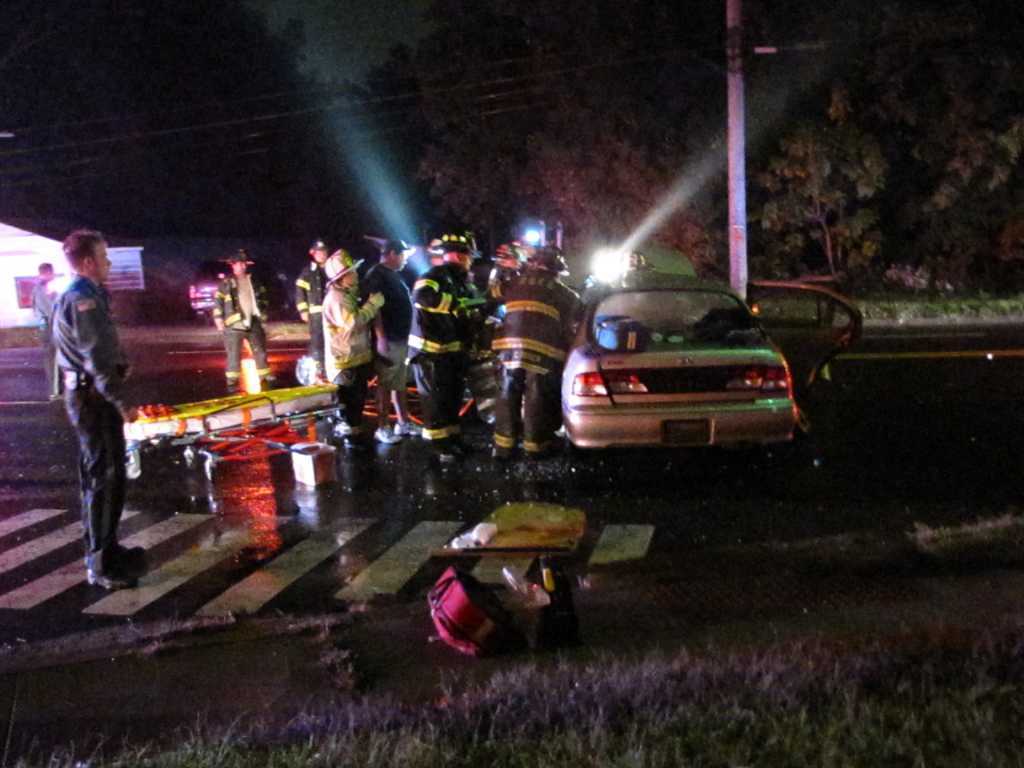
BUCHAREST, ROMANIA — Cannabis exposure is not strongly associated with an increased risk of motor vehicle accident, according to a meta-analysis of 24 epidemiological studies published in the journal Frontiers in Pharmacology.
Investigators at the University of Bucharest, Department of Medicine and Pharmacy reviewed data from two-dozen studies assessing the association between cannabis-positive drivers and unfavorable traffic outcomes, such as motor vehicle collision, injury, or death.
Authors concluded: “Our analysis suggest that the overall effect size of DUIC (driving under the influence of cannabis) on UTEs (unfavorable traffic events) is not statistically significant.”
Researchers also questioned the validity of imposing strict liability standards upon motorists who test positive for past cannabis exposure, such as by the presence of THC in their blood.
“Simply identifying cannabis use in a driver is not enough to justify the assumption of an increased risk for UTEs,” they concluded. “When such a result is obtained, it should be corroborated with either quantitative data regarding cannabis use, or a clinical assessment of the driver, before establishing his (or her) fitness to drive.”
NORML has long opposed the imposition of THC per se standards, which criminalize the act of driving with detectable levels of THC or cannabis-specific metabolites in a subject’s blood or urine, because the presence of such compounds is not consistently associated with either recent drug ingestion or psychomotor impairment.
Full text of the study, “The association of unfavorable traffic events and cannabis usage: A meta-analysis,” appears in Frontiers in Pharmacology.
Additional information regarding cannabis, psychomotor impairment, and accident risk is available from NORML online here and here.
Tags: accident risk, driving and marijuana use, driving under the influence of cannabis, driving under the influence of marijuana, drugged driving, DUIC, DUID, Per se driving limits, per se drugged driving laws, psychomotor impairment, unfavorable traffic events




